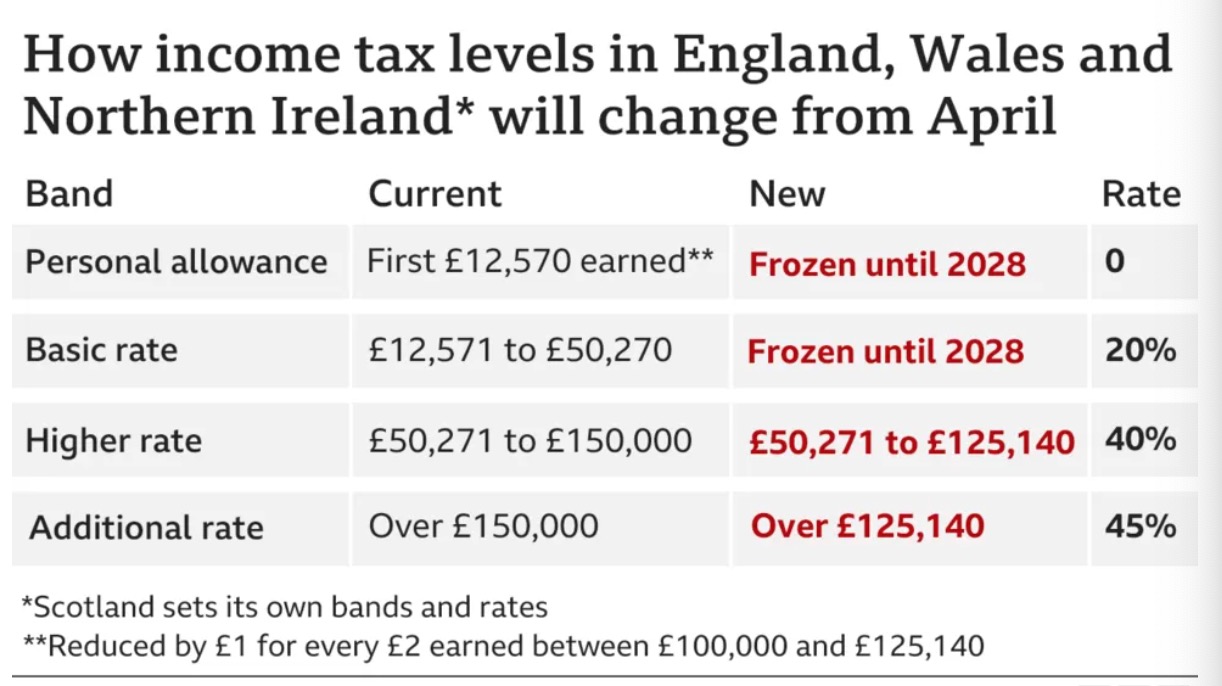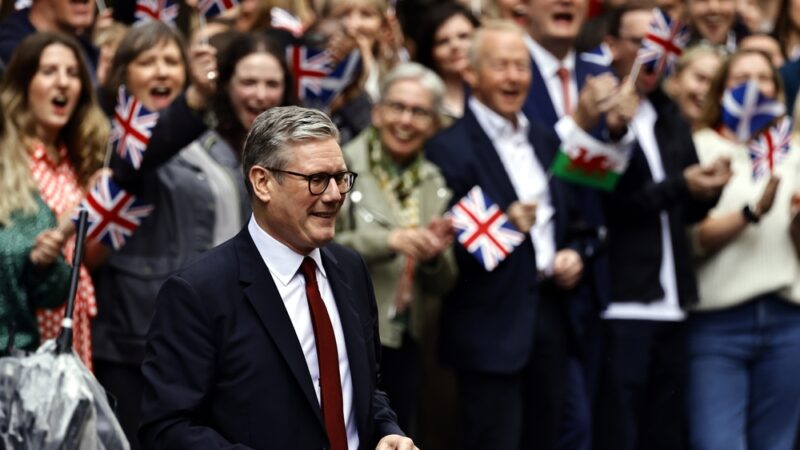Jeremy Hunt’s Autumn Statement creates economic firestorm
Chancellor Jeremy Hunt unveiled his Autumn Statement in the House of Commons Thursday, a heavily anticipated announcement that has led to public concern and economic speculation.
Below is a breakdown of Hunt’s full statement, which “sets out the government’s plan to ensure that national debt falls as a proportion of the economy over the medium term” with the aim of “[reducing] debt servicing costs and leave more money to invest in public services; [supporting] the Bank of England’s action to control inflation; and [giving] businesses the stability and confidence they need to invest and grow in the UK”.
Nearly all the measures in the Growth Plan 2022 delivered by Kwasi Kwarteng have been reversed.
Taxes and Spending
- The Autumn Statement reduces the income tax additional rate threshold from £150,000 to £125,140, increasing taxes for those on high incomes
- Income tax, National Insurance and Inheritance Tax thresholds will be frozen at their current levels for a further two years, to April 2028
- The Inheritance Tax threshold has remained at a £325,000 tax free nil-band since 2009
- Total departmental spending will grow at 3.7% a year on average

Benefits
- Cap raised by 10.1% in line with the September Consumer Price Index (inflation)
- Raised from £20,000 to £22,020 for families nationwide
- Raised from £23,000 to £25,323 in Greater London
- Raised from £13,400 to £14,753 for single adults nationally
- Raised from £15,410 to £16,967 for single adults in Greater London
- Payments will increase from April 2023
- An additional Cost of Living Payment will increase in line with inflation in 2023-24
- £900 will be provided to households on means tested benefits; £300 to pensioner households; £150 to those on disability benefits
Energy
- The Energy Profits Levy will be increased by 10 percentage points to 35% and extended to the end of March 2028
- A temporary 45% Energy Generator Levy will be applied on high returns made by electricity generators
- The Energy Price Guarantee will continue to limit typical energy bills to £2,500 per year
- From April the EPG will rise to £3,000, averaging £500 of support for households between 2023-24
- Windfall tax on profits of oil and gas firms will increase from 25% to 35% until March 2028
- A new 45% tax on companies that generate electricity will apply from January
Business and Employment
- Increase the National Living Wage for those aged 23 and over by 9.7& from £9.50 to £10.42 an our from 1 April 2023
- £13.6bn over next five years to help firms with business rates, including a mixture of freezes and reliefs
- Import taxes removed on more than 100 goods, including some food products, for two years to reduce costs
- The planned increase in the Corporation Tax rate to 25% for companies with over £250,000 in profits will go ahead
Education and Healthcare
- Up to £8 billion of funding available for the NHS
- This includes around £3.3 billion to respond to the significant pressures facing the NHS in England (devolved governments of Scotland, Wales and Northern Ireland will also receive larger payments)
- £4.7 billion in 2024-25 to support the adult social care system in England, including £1 billion to support discharges from hospital into the community
- The core schools budget in England will receive £2.3 billion of additional funding in the academic year for 2023-24 and 2024-25
Economy
- The UK is considered to be in recession based on analysis by the Office for Budget Responsibility
- Growth is predicted to settle around 4.2% this year, but the economy could shrink by 1.4% in 2023
- Subsequent economic growth of 1.3%, 2.6%, and 2.7% predicted for 2024, 2025 and 2026
- Inflation is predicted to fall from 9.1% this year to 7.4% in 2023
- Unemployment is predicted to rise from 3.6% this year to 4.1% and 4.9% between 2023-24
Hunt’s budget was heavily criticised as the income tax personal allowance freeze was extended for a further two years. He also froze the threshold at which people start paying higher rate tax until 2028.
Freezing the thresholds means that tax bands stay the same, even as people’s pay goes up. As wages rise, people pay tax on a larger proportion of their earnings, and more people move into higher tax brackets. Wage growth pay rises however remain sluggish.
Many usually pro-Conservative papers surprisingly displayed further exasperation towards the party as favoured sentiment towards the Tories wanes, while some suggested the Statement reflected Labour policies to deflect criticism of the party itself. Left-leaning publications were predictably critical.
Here’s how the papers responded:
Tories soak the strivers
Daily Mail front page
The Daily Mail also ran an opinion piece that criticised Hunt’s Labour-esque Statement:
I swear we voted in the Tories. So how did we end up with a Labour budget? It will suck all hope and aspiration out of your average working man or woman
You’ve never had it so bad
Metro front page
The rhetoric of Osborne … with the policies of Brown
From bad to worse
The Guardian front page
CARNAGE:
-millions to feel deep pain after Tory hell Budget
-Drop in living standards is the worst since 1956
-6m into higher tax bands as we go into recession
-Energy bills & joblessness rise, house prices fall
-Hunt & Sunak hail moves … and shirk any blame
-Truss & Kwasi absent as Boris payday revealed
Mirror front page
Years of tax pain ahead: Britons facing record fall in living standards as chancellor seeks to balance the books
The Times front page
VICTORY!
-Express campaign secures 10.1% state pension increase
-UK faces highest tax burden since Second World War
-Billions found to boost NHS, social care and schools
Daily Express front page
Jeremy Hunt’s autumn statement had all the hallmarks of a Labour budget
Jeremy Hunt fights off claims fiscal squeeze targets middle earners
















